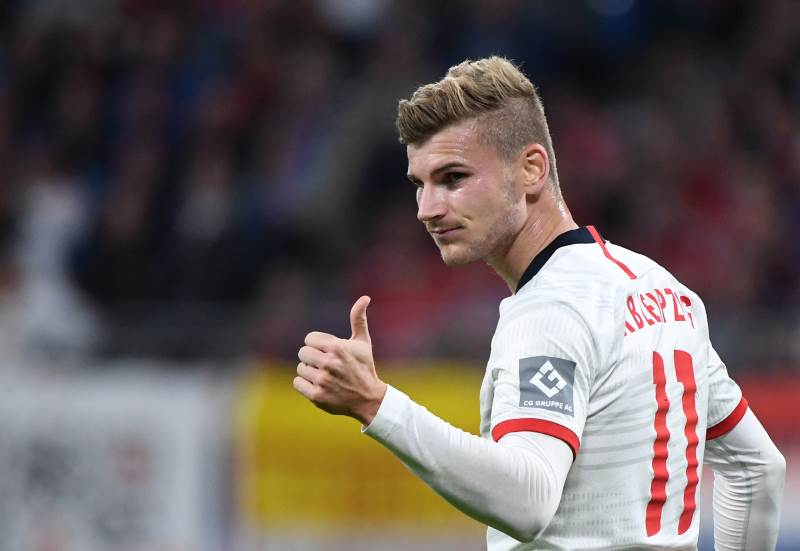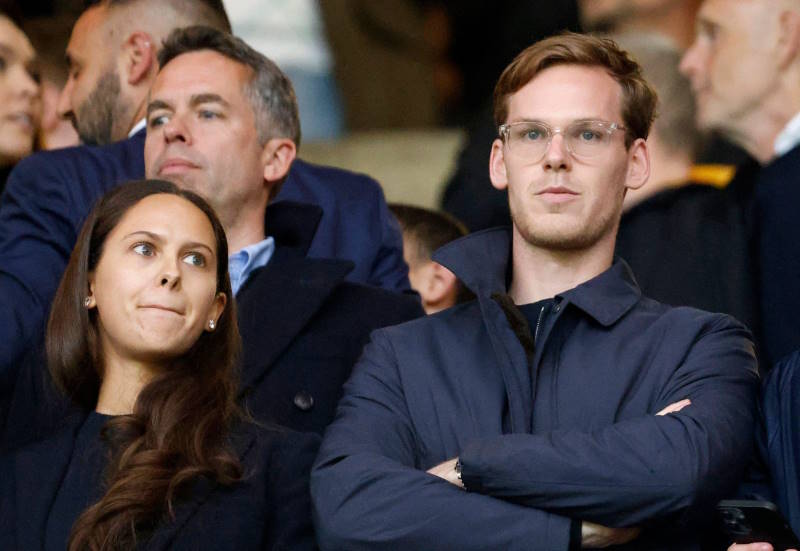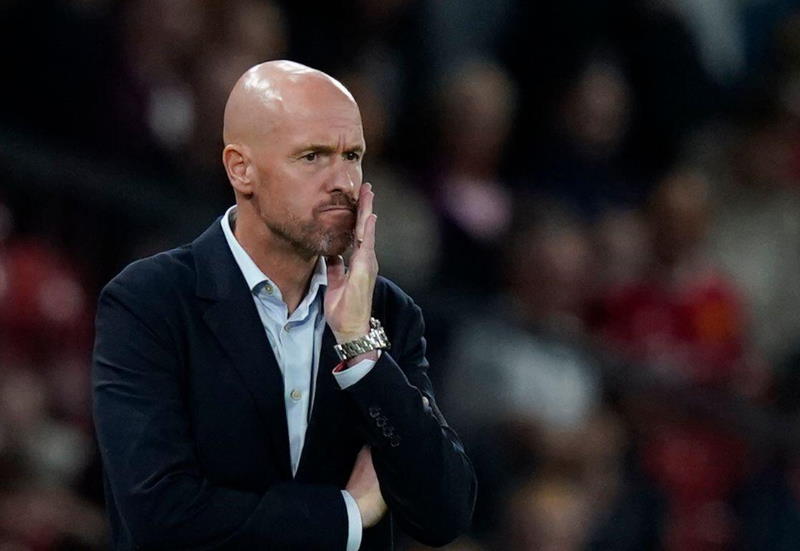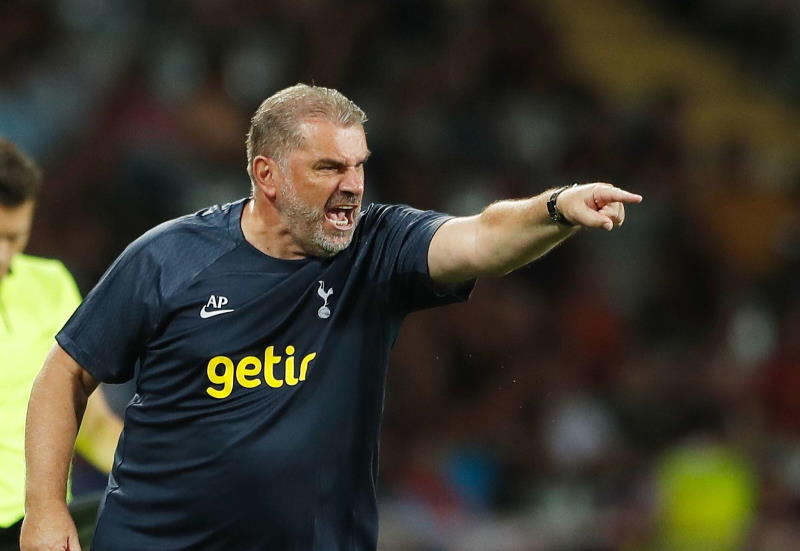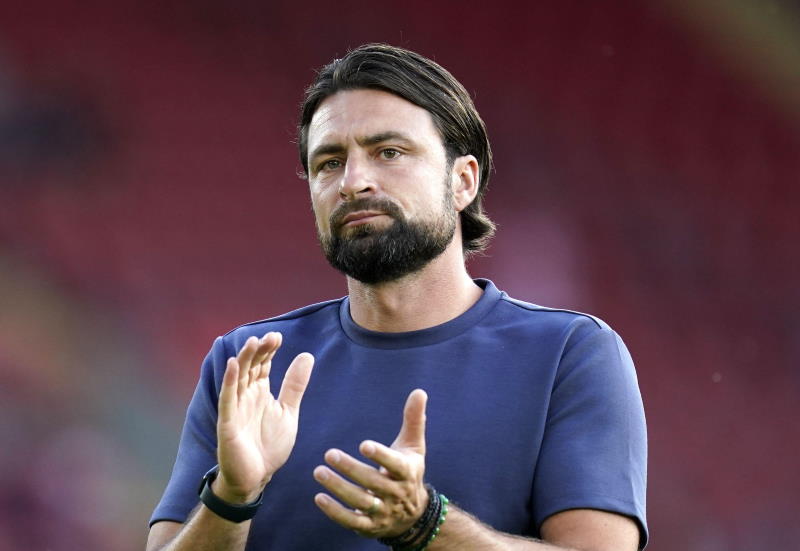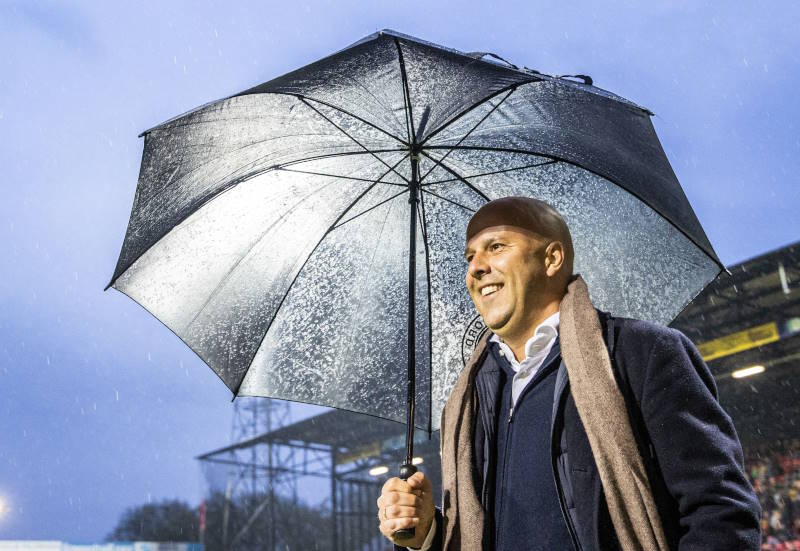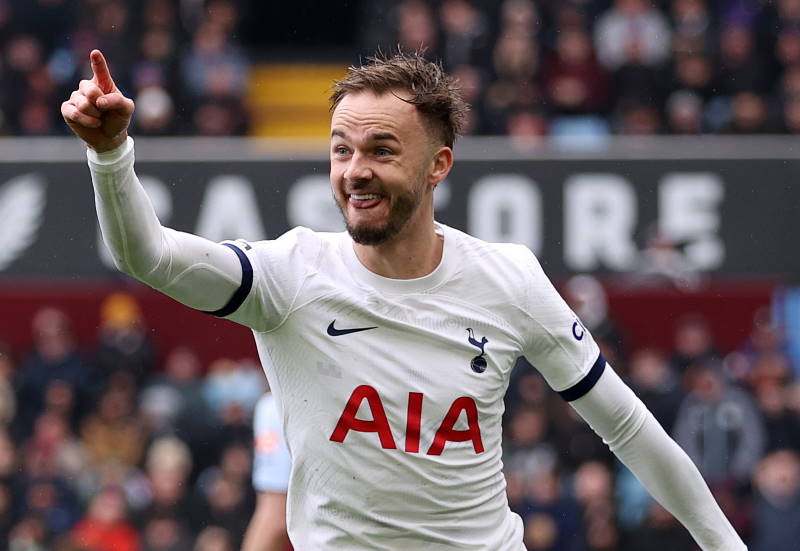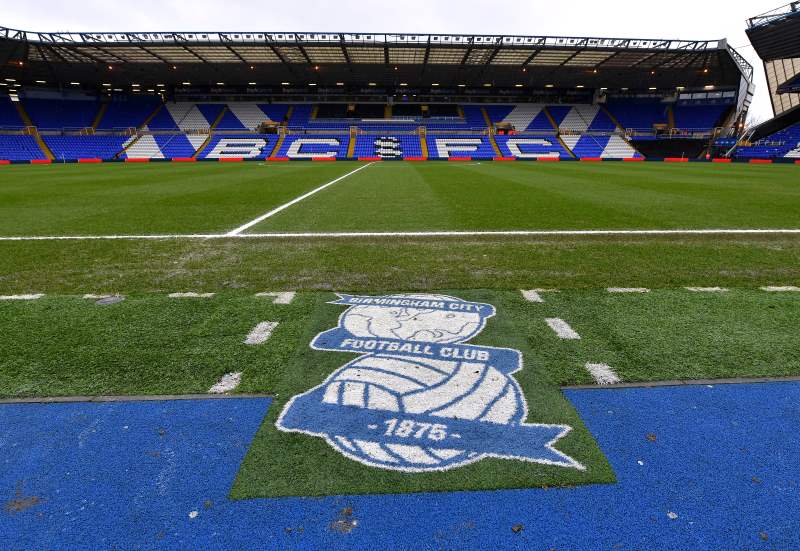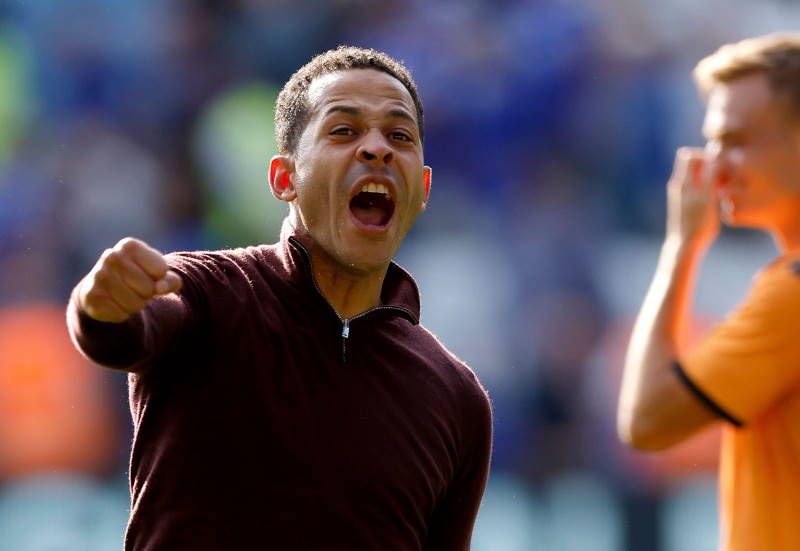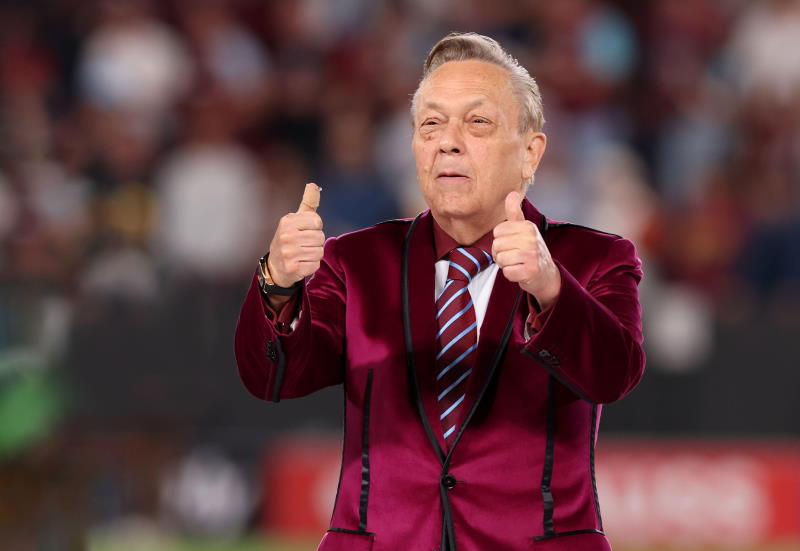Tom Oldfield
When you look back through football history, there are some players and teams that stand out as very good. But there are even fewer that could be called simply outstanding.
And Arrigo Sacchi’s AC Milan side that swept all before them during the early 1990s certainly falls into the latter category.
The wily Italian moulded a phenomenal unit at the San Siro, making his team tough to beat and impossible to intimidate. And trophies soon followed as opponents suffered domestically and in the European Cup.
Sacchi’s own playing career was far from spectacular and certainly did not suggest he would become a key figure in the sport. But then this is often the way with great managers. More recently, Sir Alex Ferguson and Jose Mourinho were not sensational talents as players but are now dominating football as bosses.
Sacchi never played professionally – just representing Fusignano and Bellaria. But he loved the sport and he was a student of the game. It was hardly a sparkling CV for a career in management but Sacchi had many of the vital skills required.
He began at Parma in 1985, taking over at the Stadio Ennio Tardini and looking to drive the club forward. His tactical nous and man management skills helped the club climb out of Serie C and Sacchi equipped the team for stability in Serie B.
Having enhanced his reputation during his brief stint at Parma, Sacchi made the most significant decision of his career when he switched to AC Milan in 1987. He would not look back. As a matter of fact, nor would Parma. Sacchi’s influence lived on after his departure as the club gained promotion to Serie A in 1990.
Far from being overawed by his new challenge, Sacchi prospered with his unflappable style. AC Milan won the Serie A title in 1987/88, qualifying for the European Cup in the process and opening the way for even greater success.
His time at the San Siro saw the club cement its place as one of the world’s finest. Sacchi was blessed with quality performers such as Franco Baresi and a youthful Paolo Maldini and such class ran throughout the side.
But it was the defence that was the platform on which Sacchi built his squad and football pundits are hard pressed to pick out a better unit than the AC Milan back line under his expert eye.
Maldini burst onto the scene as a truly brilliant left-back – despite proving equally proficient with his right foot – while Mauro Tassotti lined up on the opposite side. They proved unbeatable for wingers across Europe and offered plenty of options when supporting the attack.
In the centre, Baresi was partnered by Alessandro Costacurta. The duo complemented each other perfectly – reading the game, dominating in the tackle and showing great composure in possession.
The midfield was also brimming with talent. The Dutch duo of Ruud Gullit and Frank Rijkaard brought a touch of class to the line-up while Carlo Ancelotti – now running the show in the managerial hot seat at the San Siro – also impressing in midfield. And of course there was Marco van Basten up front, causing mayhem for opposition defences and scoring for fun.
Having earned a shot at the European Cup, Sacchi did not waste it. Quite the opposite in fact – he grabbed the opportunity with both hands in 1989/90. AC Milan cruised through the competition, brushing teams aside with a mix of ruthless finishing and miserly defending. The highlight was their demolition of Real Madrid. Having drawn 1-1 in the first leg, the Italians put on a real show to win the second leg 5-0.
Their Serie A form seemingly suffered a little but the team navigated their way to the European Cup final where they faced Steaua Bucharest of Romania. The Romanians were no match for Sacchi’s well-oiled machine and the Italian savoured a magnificent night as his troops won 4-0 to lift the trophy. Gullit and van Basten bagged two goals each and AC Milan were the kings of Europe.
The following year, Sacchi did the unthinkable by masterminding a successful defence of the European crown. A fine away goals victory over Bayern Munich sent AC Milan into the final, where they faced Benfica. It was the other Dutchman, Rijkaard, who made the vital contribution, netting a second half winner.
Sacchi rejoiced again as his team celebrated continued European domination. But a new challenge eventually tempted Sacchi away from the San Siro. After guiding AC Milan to such success, he was rewarded by being offered the Italy national team manager’s job. He accepted and opened a new chapter in his managerial career.
The nation was stunned as Italy failed to qualify for the 1992 European Championships but Sacchi focused his sights on the World Cup in the USA two years later. He had been able to formulate more detailed plans and, despite a slow start, the Italians made their presence felt in North America.
Roberto Baggio proved to be Sacchi’s talisman as Italy recovered from a 1-0 defeat to the Republic of Ireland in their opening fixture. They only qualified from the group on goals scored, after a 1-0 victory over Norway and a 1-1 draw with Mexico.
But Sacchi came into his own as the stakes grew higher and higher and he got the very best out of Baggio. The Divine Ponytail bagged a late equaliser against Nigeria then netted the match-winning penalty in extra-time. He followed this with the decisive effort against Spain in the quarter-final and a stunning brace to overcome Bulgaria in the semi-final.
Just like in his AC Milan glory days, Sacchi had guided his team through some tricky tests all the way to the final of a major tournament. It was a fine achievement. But unfortunately for him, he could not complete the job on this occasion as Italy lost out to Brazil on penalties after a dull stalemate. Baggio was cast as the villain on this occasion as his penalty miss gifted Brazil the trophy.
Sacchi ended his stint as Italy boss in 1996 and returned to AC Milan for one season. But he could not repeat the achievements of the early 1990s. He moved on to Atletico Madrid in 1998 and then back to Parma in 2001, passing on his vast experience to players and coaching staff alike.
As he looks back on his managerial achievements, Sacchi must be a happy, proud man. His time in the dugout might not have been so spectacular in the final years of his managerial career, but his success at club level with AC Milan and on the international stage with Italy put him among the best managers to ever grace the game of football. And his glorious European nights will live long in the memory.

